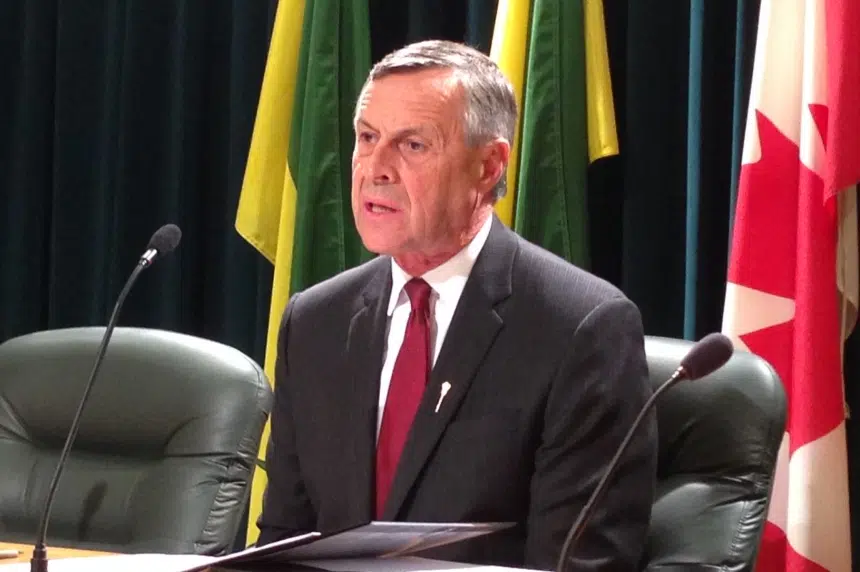The government of Saskatchewan is introducing new essential services legislation, after a few hiccups with previous law.
Labour Relations Minister Don Morgan tabled amendments to The Saskatchewan Employment Act Thursday morning.
“These amendments balance our commitment to public safety and security, while ensuring that there is alternative methods to settle labour disputes,” Morgan announced.
The old legislation was taken all the way to the Supreme Court of Canada, where it was ruled unconstitutional since it prevented some public-sector employees from striking. In that ruling, it was noted while it’s reasonable to maintain essential services, the right to strike is constitutionally protected.
Morgan believes the changes introduced satisfy the concerns of the Supreme Court. The new legislation repeals the definition of “essential services”. Instead, it’s up to the respective parties—the union and the employer—to determine which services are essential.
As well, a number of new steps are being put in place.
An Essential Services Tribunal will be established. The independent body will help solve disputes on what essential services are and whether an essential services agreement substantially interferes with a strike or lockout.
If that agreement is found to interfere, a three-person panel would provide for binding mediation-arbitration.
“For the unions it’s important for them to know that at the end of the day if they can’t resolve things – either what’s essential, what’s not essential, who does what, whatever else – they’ve got a method to get a deal,” explained Morgan.
The old law drew criticism for the fact that if the two sides couldn’t agree the government could just choose who was an essential worker.
Morgan said the amendments come after consultations with public sector employers and unions.
NDP Reaction
The opposition NDP’s David Forbes is more concerned right now about the process rather than the law itself.
“This is a third rewrite of essential services legislation and where that money could have been better spent, whether in health care or in education,” he said after question period.
The SaskParty estimated that the court costs associated with the essential services legislation to this point are a little over $160,000. The government used in-house lawyers during the process and doesn’t consider that an additional legal cost.
Forbes thinks there’s more to it.
“There is a lot of costs here that they’re hiding,” he said. “I don’t think they’re including everything. We need a full accounting of the money.”
As far as the law itself, he pondered whether the Essential Services Tribunal is just another layer of bureaucracy. Forbes said the party wants to take a closer look in the coming days with the legislation and check in with stakeholders to make sure everyone who needed to be included in discussions were.
SFL Hopeful
The Saskatchewan Federation of Labour (SFL) issued a statement calling the new law a substantial improvement, and hopeful it’ll serve as a better way to assist parties during collective bargaining.
“It is my hope this new bill will set things on a good course while respecting the collective bargaining rights of working people who provide essential services,” said SFL president Larry Hubich.







